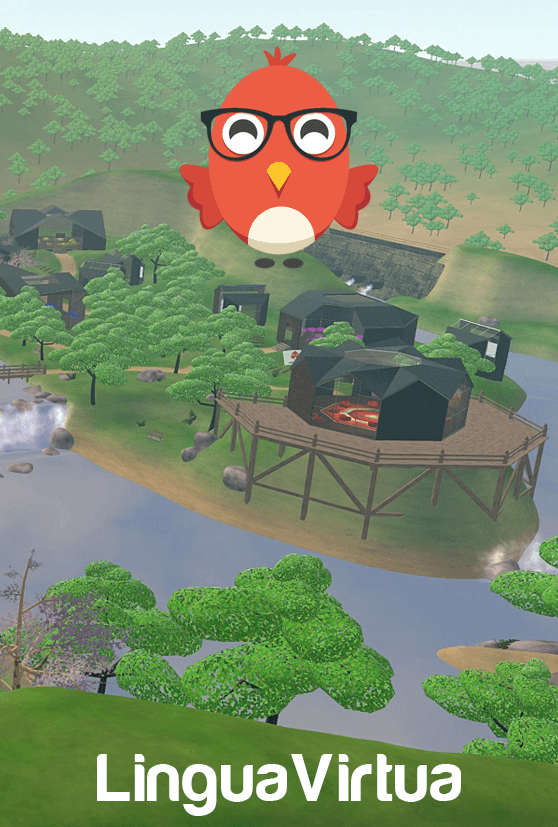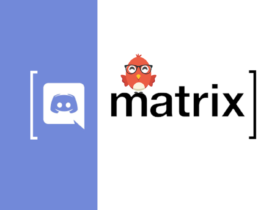Many people develop an interest in learning a language later in life. Exposure to different cultures or new media suddenly piques their interest. Some adults also want to learn a second language (L2) because it can help in a professional capacity. Unfortunately, many get disheartened when people tell them that childhood is the best time for learning.
Do Children Learn Quicker?
Children have a fantastic capacity for learning. They absorb knowledge quickly, especially in an environment that provides the right stimulus. Kids are also able to form mental connections required for language learning faster, as their brains are still flexible. So yes, kids do learn quicker, and how they learn plays a vital role in their overall L1 and L2 development as well.
A child learns by absorbing information from their environment: by interacting with peers, teachers, parents, and being exposed to different media. They experience a language for several hours a day consistently for many years. In contrast, adults learn in controlled classroom environments for an hour or two, once or twice a week. This amount of exposure doesn’t offer the immersive experience essential for L2 learning.
Adults Can Become Fluent
You don’t need to be a genius to become fluent in different languages. Many adults successfully master 4-5 languages in their lifetime and do it quickly. Fortunately, modern learners can access a wide range of tools online that can help with this process.
You can start with using apps like Duolingo, before connecting with native speakers or qualified teachers for further studies. Don’t let age hold you back from learning. Many scientific studies show that adults can absorb L2 almost as quickly as children if they adopt the right approach.
What Is the Right Approach?
While learning advanced vocabulary or grammar is beneficial, nothing can help you master a language better than hands-on experience. There are many things you can do to improve the way you learn a language:
- Once students have learned the basics, they need to start communicating whenever possible. They can speak with fellow students or find natives online to communicate with.
- Interacting with natural speakers is one of the best ways to absorb L2. Students can observe how natives pronounce words, study their gestures, and even mimic their rhythm. Many natural speakers are perfectly willing to help new learners improve. They’ll correct pronunciation mistakes and help with complex grammar rules. Most people don’t even notice their L2 language skills are improving until they’re able to carry out casual conversations fluently with natives.
- Immersion is also necessary, especially if you’re learning a tongue entirely different from yours. For example, a learner from Ireland will need a significant immersive experience to speak Chinese fluently.
- Living in an environment where a particular language is spoken is a great way to get this experience. People living in China or a neighborhood with a dense Chinese population learn faster.
- It isn’t always possible for people to gain exposure to natives. The alternative is to create a conducive environment at home. Play L2 or L3 language music, listen to interesting podcasts, watch movies or TV programs, study famous speeches, etc.
In short, it’s never too late, and language learning can start at any time. Anyone can succeed as long as they have the determination and eagerness to learn.



























Leave a Reply